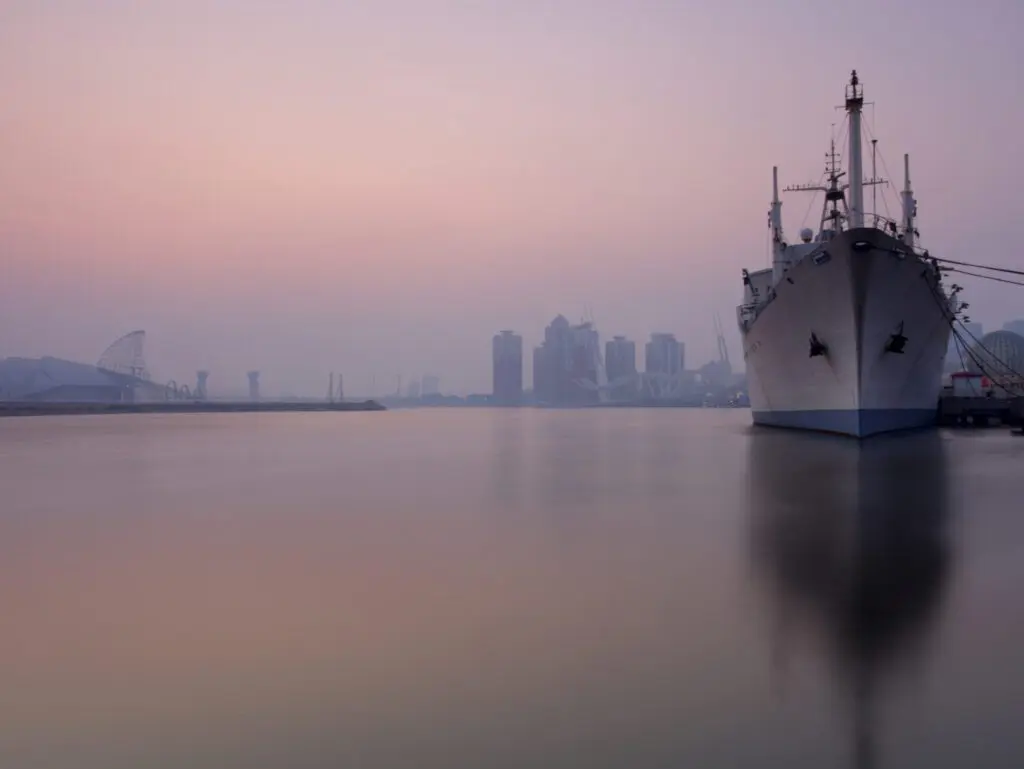Location: Tianjin, China
Project: Tianjin Dagang Seawater Desal Plant
Capacity: Capacity: 100,000 m³/ day scaling to 150,000 m³/d
Energy Savings: US$7.45 million or 74.5 million kWh/year
*
CO2 savings: 44,000 metric tons/year
**
The Challenge: City’s Industrial Progress Stalled without Water
Limited water resources were holding back social and economic development in Tianjin Dagang, the largest industrial city in Northern China. An early adopter of desalination to meet municipal and industrial water needs, Tianjin sought to develop a massive desalination plant to enable a large, new industrial development. Building a water processing plant with an initial output of 100,000 m³/day and a future goal of expanding to 150,000 m³/day demanded seawater reverse osmosis (SWRO) technology that could efficiently desalinate and purify water.
The Innovation Solution : PX 220
In collaboration with Hyflux Pte Ltd., Energy Recovery created a cost-effective solution that allows the new Tianjin Dagang SWRO plant to generate huge quantities of water for its industrial customers. Though they had used competitors’ isobaric energy recovery devices in smaller installations, Hyflux built and commissioned the Tianjin plant to include the PX® Pressure Exchanger® because the life cycle advantage to the PX technology includes efficiency, durability, and a track record of being maintenance free. The installed PX solutions reduce the required pump output by 55%, recycling massive amounts of fluid and pressure flows into energy and cost savings for China’s largest SWRO processing installation.
The Result : Industrial Success and Local Jobs from Efficient Water Desalination
From the beginning of operation, Tianjin Dagang’s SWRO plant has achieved high efficiency and significant energy savings in excess of 74 million kWh each year. The PX trains are also reducing Tianjin SWRO’s CO2 emissions by approximately 44,000 metric tons each year – an equivalent of taking nine cars off the road in the US for one year. An Energy Recovery team that completed a one-year check on the installed PX trains found no measurable change in performance after a year of full capacity water production. Recycling energy from fluid flows to offer Tianjin a source of clean, reliable, affordable water has meant industrial development and the resulting economic benefits to the area are now more than possible—they are reality.
